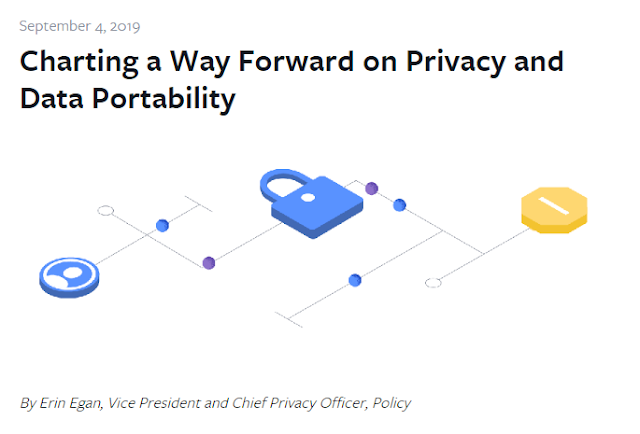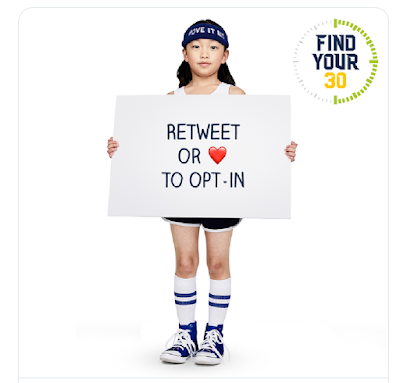Consent - fabulous resource H2020 project from the EU
https://i-consentproject.eu/results/ D1.1 Report on guidelines, standards and initiatives for improving informed consent in the healthcare context. D1.2 Report on gender and age-related issues associated with the acquisition of informed consent. D1.3 Ethical and legal review of the informed consent. D1.4 Ethical issues concerning informed consent in translational/clinical research and vaccination. D1.5 Legal issues concerning informed consent in translational/clinical research and vaccination. D1.6 Patient involvement in vaccine research. D1.7 Socio-cultural, psychological and behavioural perspectives towards informed consent process.


